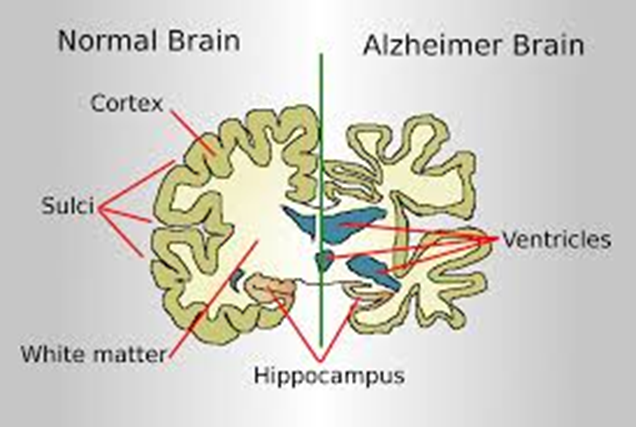A nurse observes the caregiver of a client who has Alzheimer's disease throwing magazines on the floor and crying. Which of the following actions should the case manager take first?
Discuss relaxation techniques with the caregiver.
Refer the caregiver to a local support group.
Consult social services to explore counseling for the caregiver.
Offer to talk with the caregiver about their feelings.
The Correct Answer is D
Choice A reason:
Discussing relaxation techniques with the caregiver is a beneficial action that can help manage stress. However, it may not be the most immediate need for a caregiver who is in the midst of an emotional crisis. Relaxation techniques are more preventive and are best introduced when the caregiver is receptive and not overwhelmed by acute distress.
Choice B reason:
Referring the caregiver to a local support group is an excellent long-term strategy for providing support and resources. Support groups can offer a sense of community and shared experience, which is invaluable. Nonetheless, this action does not address the caregiver's immediate emotional needs and should follow after providing immediate emotional support.
Choice C reason:
Consulting social services to explore counseling options is an important step in supporting the caregiver's mental health. Counseling can provide professional assistance and coping strategies for the caregiver's stress and emotional burden. However, this is a step that should be taken after addressing the caregiver's immediate emotional distress.
Choice D reason:
Offering to talk with the caregiver about their feelings is the most immediate and direct way to provide support. It addresses the caregiver's current emotional state and provides an outlet for their feelings. Active listening and empathetic communication can help alleviate the caregiver's distress and serve as a bridge to further support and resources.

Nursing Test Bank
Naxlex Comprehensive Predictor Exams
Related Questions
Correct Answer is C
Explanation
Choice A reason:
Telling a client that they cannot refuse treatment because they were admitted involuntarily is incorrect. Even if a client is admitted involuntarily, they still have the right to refuse treatment unless they are deemed incompetent or a danger to themselves or others. It is essential to respect the client's autonomy and rights.
Choice B reason:
While it may be true that the client could feel better after ECT, this statement dismisses the client's current concerns and does not acknowledge their right to refuse treatment. It is important to address the client's feelings and provide support rather than making promises about the outcome.
Choice C reason:
This is the correct response because it respects the client's decision and autonomy. It also involves the provider, who can discuss the decision with the client, provide more information, or explore other options. It is a nurse's responsibility to communicate the client's decisions to the provider.
Choice D reason:
Administering medication to help the client relax without addressing their concerns about the treatment is not appropriate. It does not respect the client's right to refuse treatment and could be considered coercive.
Correct Answer is B
Explanation
Choice A reason:
Reinforcing teaching about coping mechanisms is a task that requires clinical judgment and the application of nursing knowledge, which are responsibilities that cannot be delegated to assistive personnel. Nurses are responsible for the initial teaching and ongoing reinforcement of coping mechanisms, as they have the training to assess the client's understanding and provide appropriate education.
Choice B reason:
Sitting with a client during mealtimes does not require clinical judgment or specialized nursing knowledge and can be delegated to assistive personnel. This task involves providing support and encouragement to the client, as well as monitoring the client's intake, which are within the scope of duties that assistive personnel can perform.
Choice C reason:
Discussing relapse prevention with the family of a client who has schizophrenia involves therapeutic communication and education that must be based on nursing assessment and planning. This task requires the nurse's expertise in mental health and cannot be delegated to assistive personnel.
Choice D reason:
Administering a rectal suppository is a medication administration task that involves nursing judgment related to assessing the client's condition and understanding the medication's effects. This task cannot be delegated to assistive personnel, as they are not licensed to administer medications.

Whether you are a student looking to ace your exams or a practicing nurse seeking to enhance your expertise , our nursing education contents will empower you with the confidence and competence to make a difference in the lives of patients and become a respected leader in the healthcare field.
Visit Naxlex, invest in your future and unlock endless possibilities with our unparalleled nursing education contents today
Report Wrong Answer on the Current Question
Do you disagree with the answer? If yes, what is your expected answer? Explain.
Kindly be descriptive with the issue you are facing.
